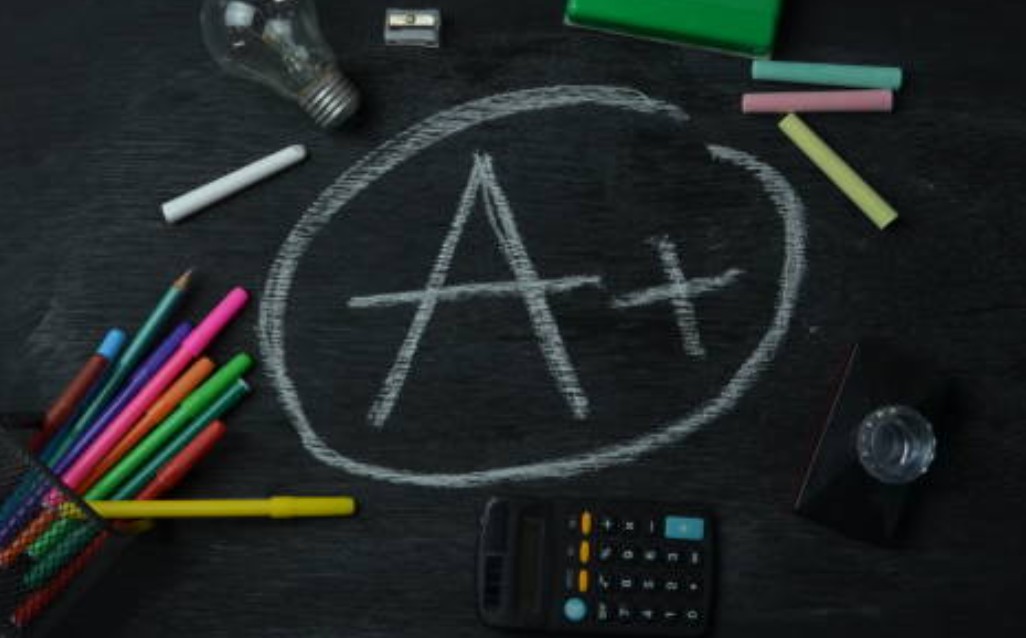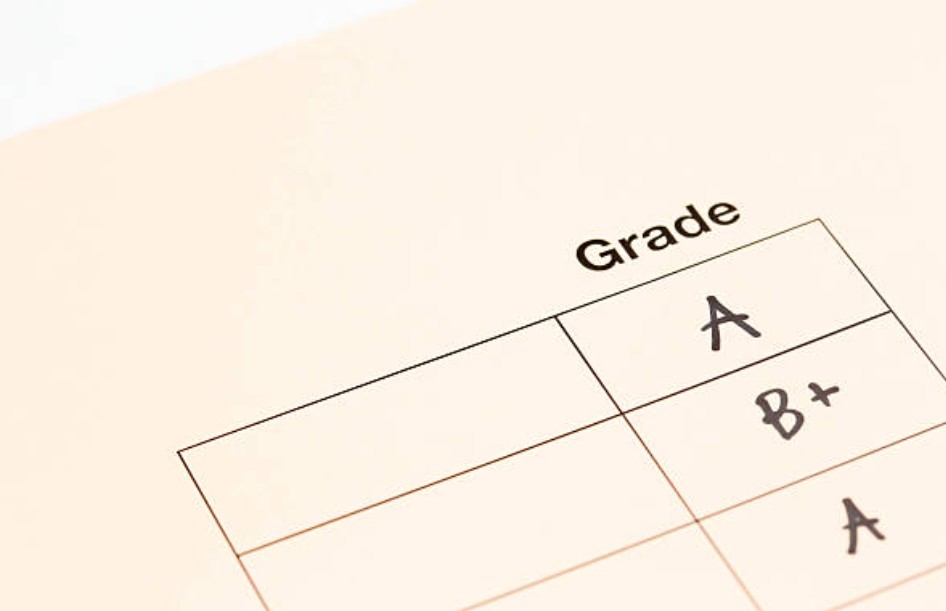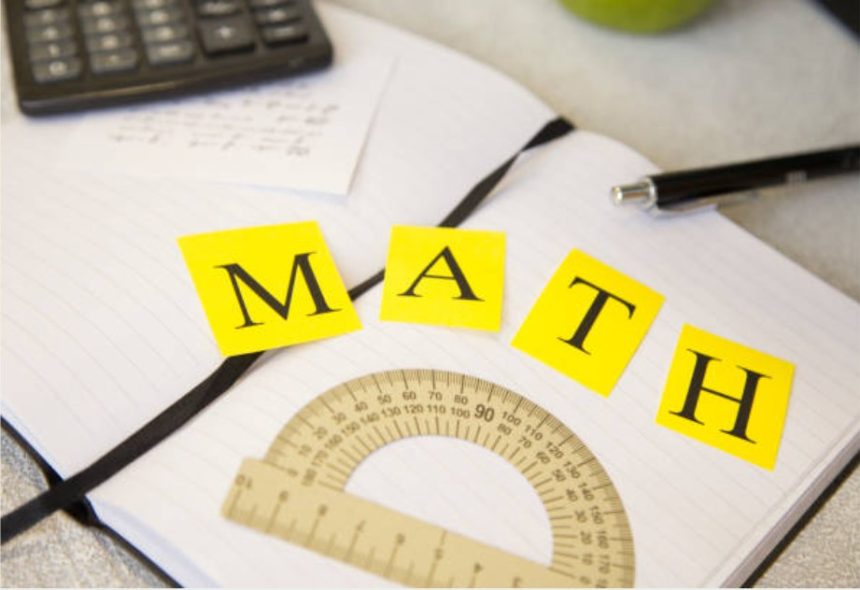How Many Marks Is a 4 in GCSE Maths Foundation? is a burning question among students, parents, and educators across the UK. With GCSE exams playing a pivotal role in shaping future academic and career paths, understanding exactly what a Grade 4 represents is essential.
Today, we’re diving into the grading system for the Maths Foundation tier, exploring its impact on future opportunities, and sharing practical tips and inspiring stories to help you or your child achieve that crucial Grade 4.
The Importance of GCSE Maths in the UK
GCSE exams are far more than just tests; they are milestones that set the stage for future learning and professional development. In the UK, maths is a subject that many rely on daily, whether it’s budgeting, understanding statistics, or simply solving everyday problems. As such, the way GCSE Maths is structured, especially the Foundation tier, is designed to equip students with skills that extend well beyond the classroom.
The Maths Foundation tier is particularly geared toward ensuring that every student has a solid grasp of the essential principles of maths. This exam doesn’t focus on the advanced problem-solving seen in the Higher tier but instead zeroes in on core skills that every student should master. By breaking down what it means to achieve a Grade 4, we can better understand how these core skills translate into real-life benefits.
Breaking Down the GCSE Maths Foundation Tier

The GCSE Maths Foundation tier is tailored for students who are encouraged to build a strong base in mathematics without the pressure of tackling overly complex problems. It covers a range of fundamental topics such as basic arithmetic, introductory algebra, geometry, and data handling. The primary aim is to ensure that students develop a clear and practical understanding of maths that they can apply both academically and in everyday life.
When you ask, How Many Marks Is a 4 in GCSE Maths Foundation? It’s important to know that the answer isn’t as straightforward as a simple number. Different exam boards like AQA, Edexcel, and OCR might set slightly different mark thresholds for each grade. However, across the board, a Grade 4 is widely recognised as the minimum standard that indicates a student has met the essential requirements of the curriculum. It’s a benchmark that confirms basic competence, ensuring that students can confidently manage everyday mathematical tasks.
The Mystery of the Grade 4: What Does It Mean?
Achieving a Grade 4 in GCSE Maths Foundation is often seen as hitting the standard pass mark. But what does this mean? At its core, a Grade 4 is not just a number—it’s a validation of a student’s ability to understand and apply key mathematical concepts. It signals that a student has a sufficient grasp of the subject to navigate both academic challenges and real-world situations.
A Grade 4 demonstrates that a student has mastered enough content to be deemed competent. It reflects a balanced achievement where the student can perform basic calculations, solve simple problems, and interpret data accurately. Although each exam board may have its specific mark range for a Grade 4, the overall idea remains the same: this grade is about meeting national standards for essential maths skills.
How Many Marks Is a 4 in GCSE Maths Foundation?
This is the question that sparks endless discussion in study groups, family kitchens, and classrooms across the country. How Many Marks Is a 4 in GCSE Maths Foundation? It isn’t just a query about a number—it’s about understanding how the grading system is designed to be fair, adaptive, and aligned with modern educational standards.
The mark bands for a Grade 4 are developed through extensive research and regular reviews by exam boards to ensure they meet the evolving needs of students. These mark bands are designed to reflect not just theoretical knowledge but practical application. As a result, the boundaries between grades are periodically updated to ensure consistency and fairness. This dynamic process means that while the specific numbers may shift slightly from year to year, the underlying goal of confirming essential mathematical competence remains unchanged.
Strategies to Achieve a Grade 4: Tips for Success

Knowing the target is only half the battle. The real challenge lies in how to reach that target. For students aiming to secure a Grade 4 in GCSE Maths Foundation, a balanced and structured approach to revision can make all the difference.
Start by focusing on the core topics that are consistently assessed across exam boards. Whether it’s basic arithmetic, introductory algebra, or simple geometry, a strong understanding of these areas is vital. Practice is key; working through past exam papers can offer valuable insights into how questions are structured and what is expected in terms of answers.
Creating a regular study schedule helps in breaking down complex topics into manageable sessions. Rather than cramming large blocks of information, try to review a little each day. This steady approach builds confidence and reinforces learning. It also allows time to seek feedback from teachers or tutors, which can be incredibly beneficial in pinpointing areas that need improvement.
Real-Life Stories: Inspiring Success in Maths
Let’s consider the journey of Jamie, a student from Birmingham who once struggled with his maths homework. Faced with the challenge of understanding the GCSE Maths Foundation curriculum, Jamie decided to change his approach.
With the guidance of his teacher and support from his family, he began to break down his revision into smaller, more focused sessions. By working through past papers and applying maths to real-world scenarios, Jamie not only achieved a Grade 4 but also gained the confidence to explore further studies in vocational courses.
Stories like Jamie’s illustrate that while the question “How Many Marks Is a 4 in GCSE Maths Foundation?” might seem technical, it is ultimately about reaching a milestone that reflects both hard work and the effective application of knowledge. His experience shows that with determination, support, and the right strategies, achieving a Grade 4 is an attainable goal that can open doors to further opportunities.
The Dynamic Nature of GCSE Grading

One of the most exciting aspects of the current educational landscape is how the grading system evolves to meet modern needs. Exam boards are continually reviewing and updating mark bands to ensure that the grades awarded truly reflect a student’s understanding and ability. This evolution keeps the system fair and responsive to changes in curriculum and educational standards.
For students and educators alike, staying informed about these changes is crucial. By following updates from exam boards and participating in educational discussions, you can better understand how these dynamic thresholds affect exam preparation and overall performance. This proactive approach helps in adjusting study strategies and ensuring that all efforts are aligned with current standards.
Final Thoughts: Your Roadmap to Success
Understanding How Many Marks Is a 4 in GCSE Maths Foundation? Goes far beyond a numerical answer—it’s about grasping a key milestone in your academic journey. This grade is a clear indicator that a student has built a solid foundation in maths, equipping them with essential skills for both further education and everyday life.
For students, this means embracing the challenge with a positive mindset and a structured study plan. It’s about turning a seemingly daunting question into a roadmap for success. Every revision session, every piece of feedback, and every practice paper contributes to building the confidence and competence needed to secure that crucial Grade 4.
As you prepare for your GCSE Maths Foundation exam, keep this in mind: the path to success is built on understanding the basics, consistent practice, and a willingness to adapt and learn. The question How Many Marks Is a 4 in GCSE Maths Foundation? It is an opportunity that, once embraced, can unlock academic and personal growth. Embrace the journey, use every resource available, and remember that every mark brings you one step closer to your goals.






